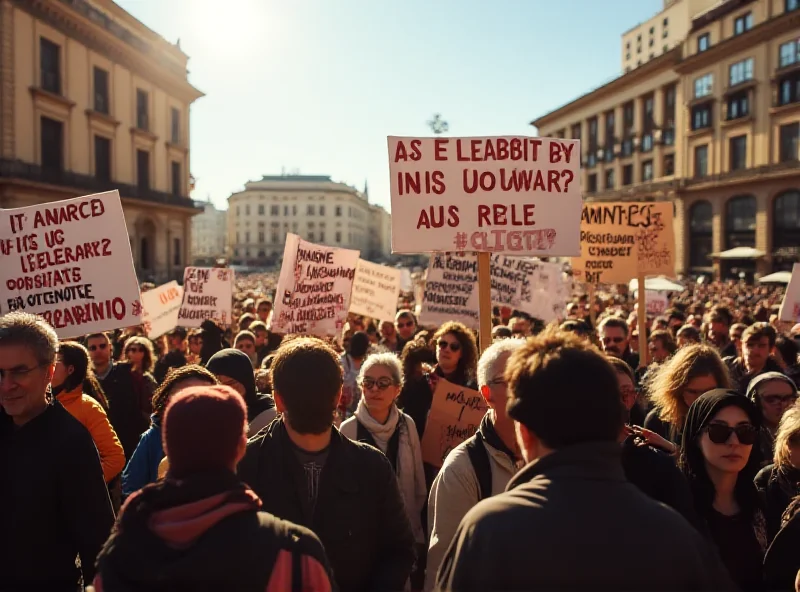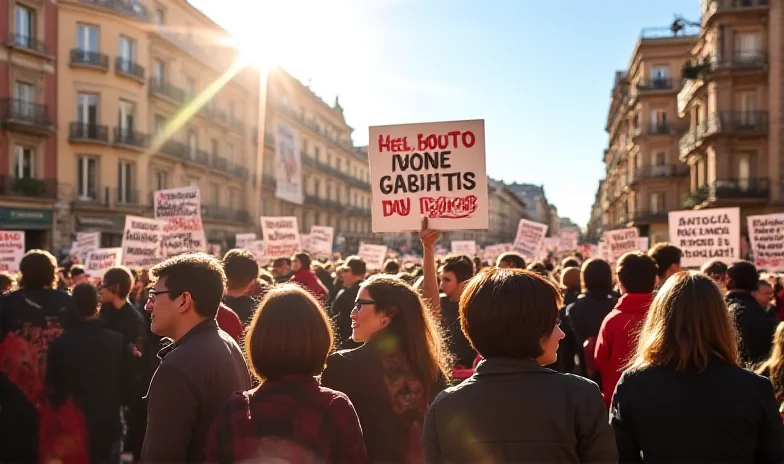A recent survey by the BBVA Foundation has revealed a significant shift in public opinion in Spain regarding bullfighting and animal welfare. The study indicates that a substantial majority, seven out of ten Spaniards, now reject bullfighting as a tradition. This finding aligns with a growing sentiment of animal empathy within the country.

Growing Affinity for Animals
The BBVA Foundation report also highlights that almost half of the Spanish population claims to feel a strong bond with animals. This suggests a deeper cultural shift towards recognizing and valuing the well-being of animals, which likely contributes to the increasing opposition to bullfighting.
“The survey demonstrates a clear trend,” says an analyst familiar with the report. “Spaniards are increasingly viewing animals as companions and sentient beings, rather than simply objects for entertainment.”
Political Implications and BBVA's Role
While the survey focuses on public sentiment, the BBVA Foundation itself is also involved in other significant events. Basque politician Pradales is reportedly seeking to influence BBVA's intended purchase of Sabadell, signaling potential political interference in the financial sector. This move comes as Pradales appeals to the 'reserve of sovereignty' to claim 25 competencies and increase regional self-government beyond the current Constitution.

Statute Reform and Ortuzar's Departure
The political landscape is further complicated by a new standstill over the Statute reform, triggered by Ortuzar's departure. This pause adds another layer of complexity to Pradales's efforts to expand Basque self-government and influence BBVA's actions. The connection between these events remains to be seen, but they highlight a period of significant political and social change in Spain.
The simultaneous shift in public opinion regarding animal welfare and the ongoing political maneuvering surrounding BBVA's purchase of Sabadell paints a picture of a country grappling with both ethical and political transformations. Whether these trends will continue and how they will ultimately shape Spain's future remains to be seen.

This is clearly a time of evolution in Spain, with both animal rights and regional autonomy issues coming to the forefront.
